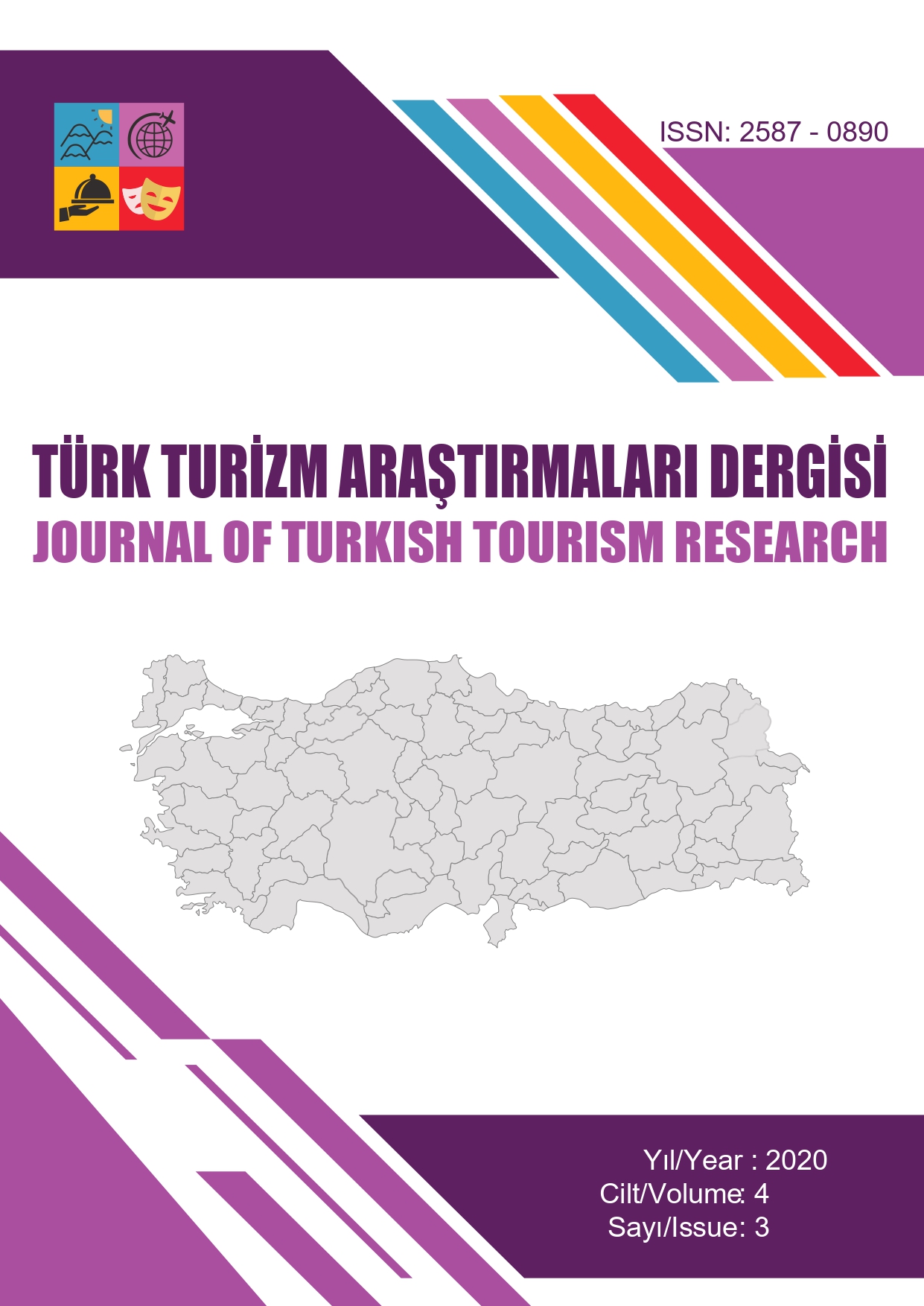Turizm Sektörü ve Hollanda Hastalığı: Türkiye Örneği (2000 - 2020)
Tourism Sector and Dutch Disease: The Case of Turkey (2000 - 2020)
Author(s): Erol Bulut, Özgür ŞahanSubject(s): Recent History (1900 till today), Economic development, Tourism
Published by: Gazi Üniversitesi- Turizm Fakültesi
Keywords: Dutch Disease; Tourism; Turkey; International Competitiveness;
Summary/Abstract: Dutch Disease was used to describe the decline of the manufacturing industry of the Netherlands following its discovery of natural gas in the 1960s. The concept of Dutch Disease was later expanded to include oil, natural gas, agriculture, minerals, hot money and tourism. The purpose of this paper was to investigate whether the tourism industry in Turkey harming Turkey’s international competitiveness and causing deindustrialization the period after 2000s. In this study, the relationships between real effective exchange rate, foreign tourism revenues and current account deficit have been examined as the method. It was concluded that massive capital inflows in 2004-2014 years in Turkey that takes the first place in lowering the real effective exchange rate, while foreign tourism reached the second row. In the light of these findings, it cannot be said that the tourism sector in Turkey caused the Dutch Disease. However, in this study, it was concluded that foreign tourism caused the overvaluation of TL after the hot money and the country's manufacturing industry turned into an assembly industry
Journal: TÜRK TURİZM ARAŞTIRMALARI DERGİSİ
- Issue Year: 4/2020
- Issue No: 3
- Page Range: 2132-2151
- Page Count: 20
- Language: Turkish

